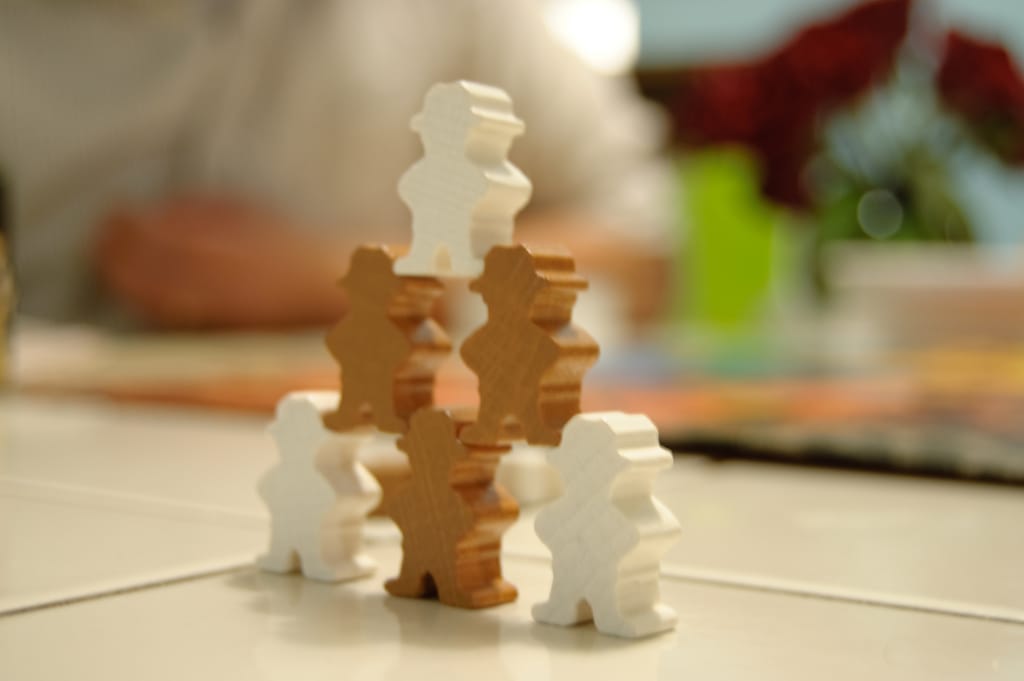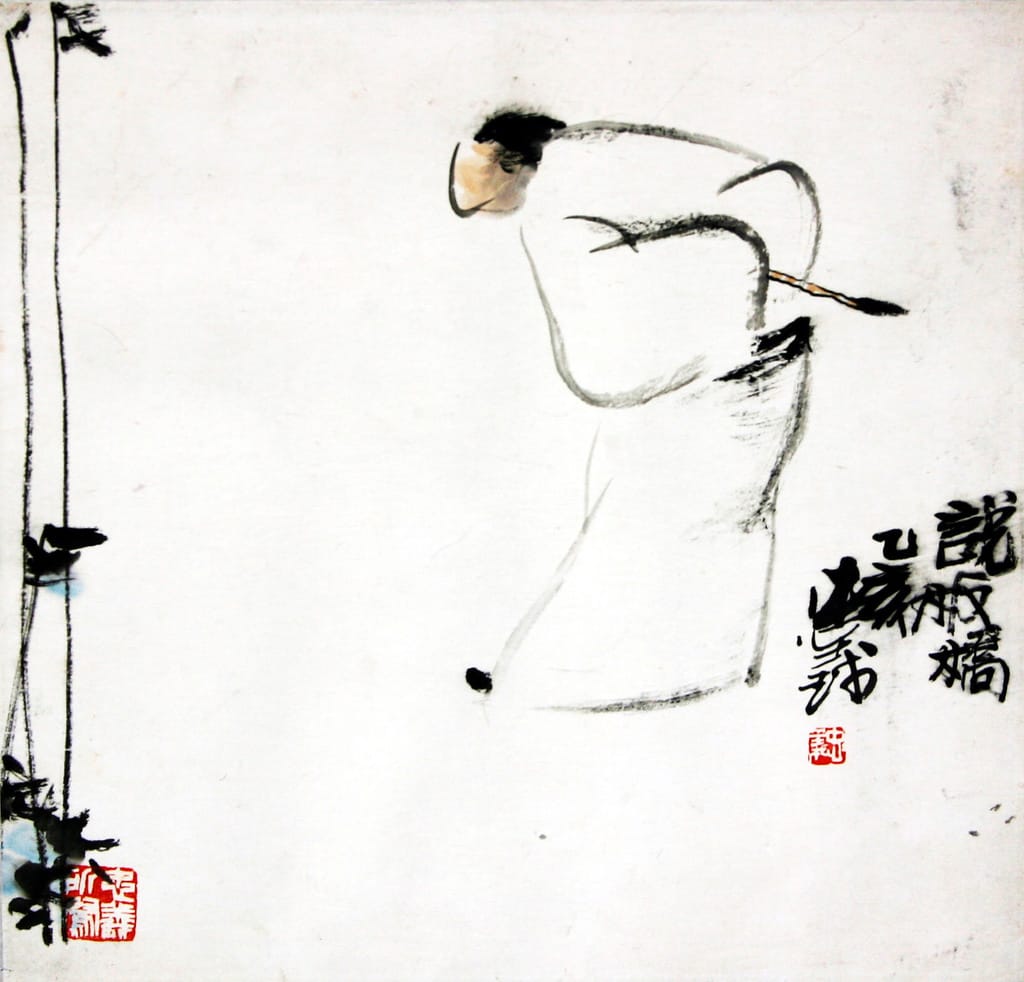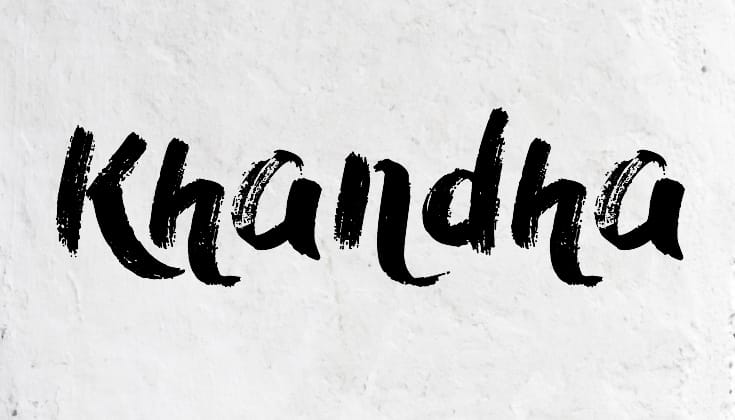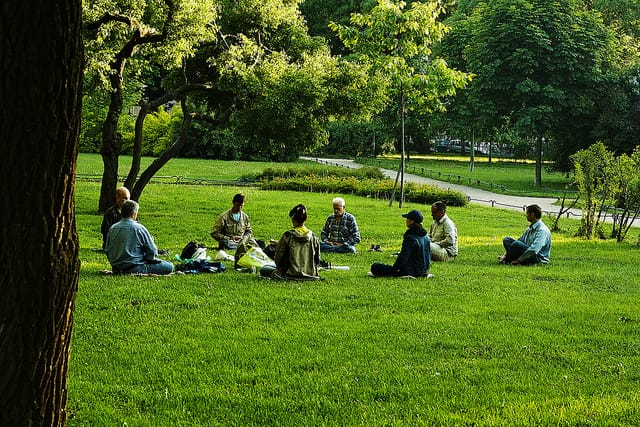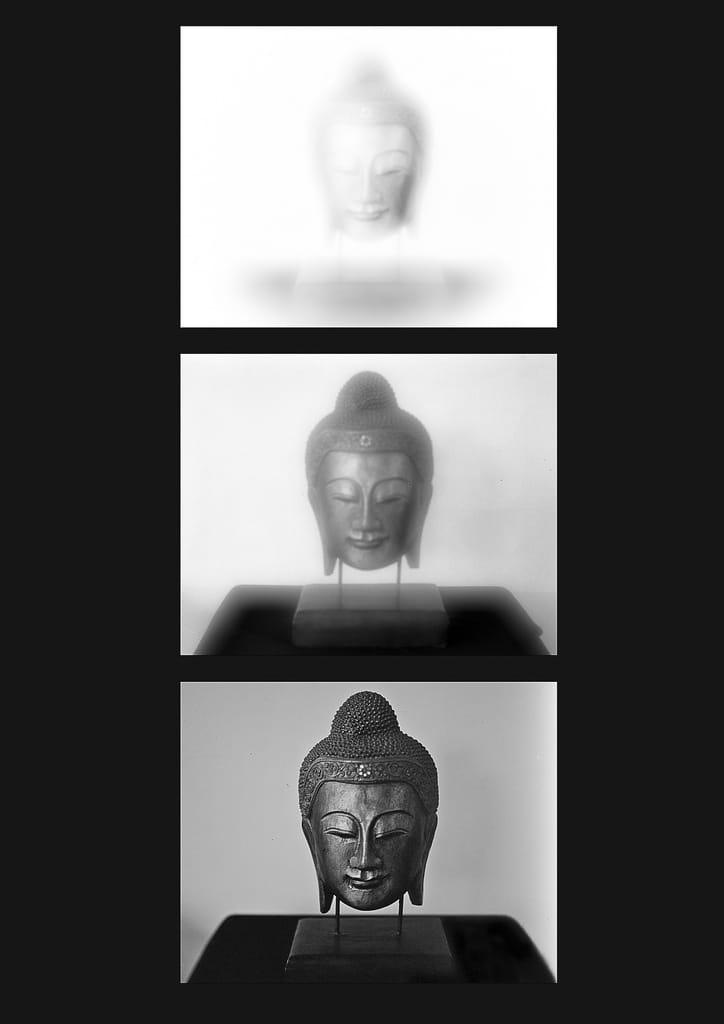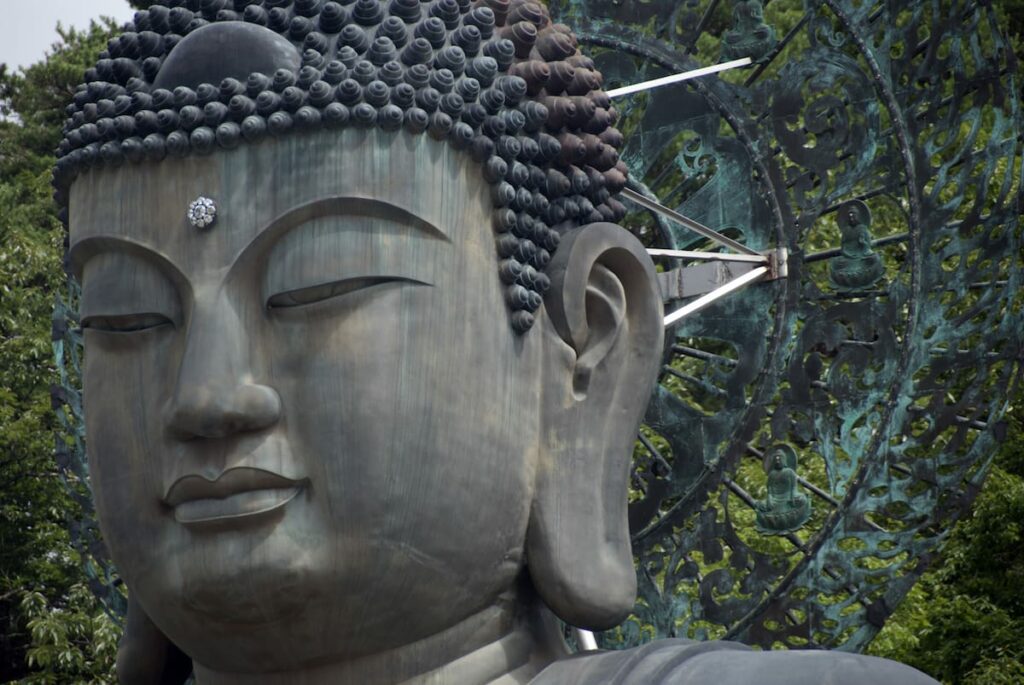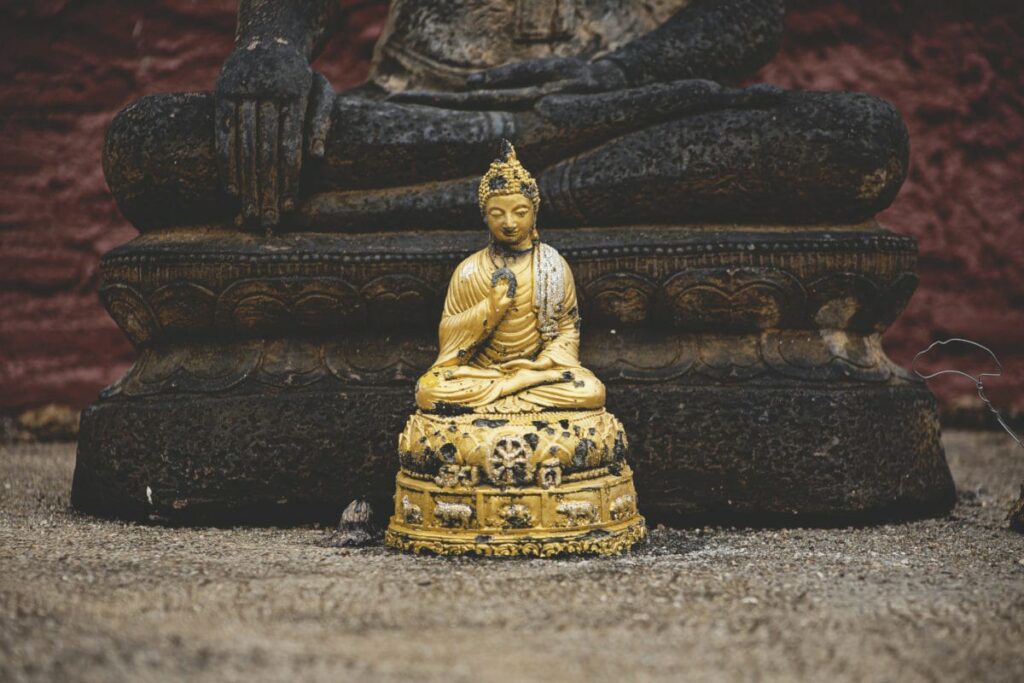Category: Buddhist Wisdom
Death Don’t Have No Mercy
Mariana Caplan's moving memoir of her mother's death, a rare account of death looked straight in the face and a powerful lesson in the pain of holding on.
How American Women Are Changing Buddhism
The role of American Buddhist women is unprecedented and may change Buddhism forever.
Forum: Barriers to the Dharma
A discussion of race, class and education, and how they’re limiting who becomes interested in Buddhism. Featuring Paul Haller, Marlene Jones, Charles Prebish, and Guy McCloskey.
The Zen Priest’s Koan
Sojun Mel Weitsman once asked Suzuki Roshi, “What does it mean to be ordained as a Zen priest?” The answer—“I don’t know”—has been his koan ever since.
What is Khandha?
Khandha as defined by Ajahn Punnadhammo, an abbot of the Theravada tradition.
Ultimately You’re Healthy, Relatively You Die
Will Meditation make you healthy? Barbara Rhodes, Jan Chozen Bays, David Shlim, and Mitchell Levy, discuss the Buddhist view of health.
Mind Is Buddha
A simple three-word koan. Or just a one-word koan: buddhanature. So deceptively simple, yet it penetrates to the very heart of the matter.
Tiny, Slippery Spot of Mind: The four foundations of mindfulness in the Mahayana tradition
In the Mahayana tradition, mindfulness is regarded as wisdom, transcendental knowledge, which is known in Sanskrit as prajna. There are several stages we progress through in our study and cultivation of prajna. These become the means for integrating our understanding into our experience, and progressively developing that experience into the full state of realization.
In Translation: Great Perfection in the Palm of Your Hand
Great Perfection in the palm of your hand. The seminal text Essential Advice for Solitary Meditation Practice, by the late Dudjom Rinpoche.



